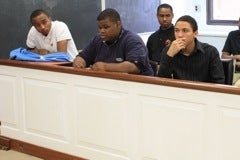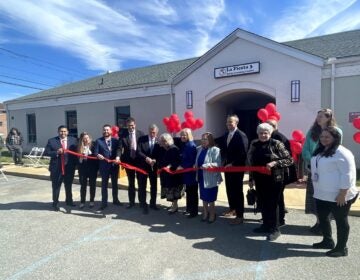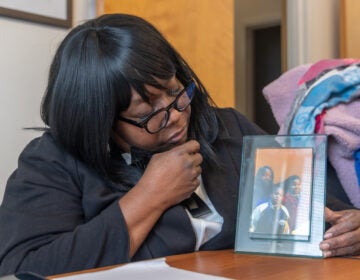Youth courts and the value of a jury of their peers
Listen
Hour 2
In the last decade the number of juvenile offenders in jail has dropped about 25 percent — welcome news since research and experience show that young people who serve time are more likely to become more dangerous criminals than those who are supervised in the community. One of the more innovative and successful programs that has cropped up across the nation to address juvenile justice is the youth court, also known as teen court. The models of youth courts include those based in the justice system, where teenagers hear cases and sentence their peers for first-time minor offenses and non-violent crimes; and school-based programs where a jury of classmates addresses student disciplinary cases. Research shows that young people who participate in either kind of program have significantly lower rates of recidivism. Adults involved in the programs attribute much of their success to the influence of positive peer pressure and the value of giving young people a voice in the process. Joining us to tell the story of youth courts are JEFFREY BUTTS of the John Jay College of Criminal Justice, who has evaluated teen court programs across the country; and attorney GREGG VOLZ, who has implemented school-based youth courts in Chester. We’ll also talk to MORI HITCHCOCK, a student at Chester Upland High School who is involved in its youth court.
Listen:
[audio: 102711_110630.mp3]
WHYY is your source for fact-based, in-depth journalism and information. As a nonprofit organization, we rely on financial support from readers like you. Please give today.





